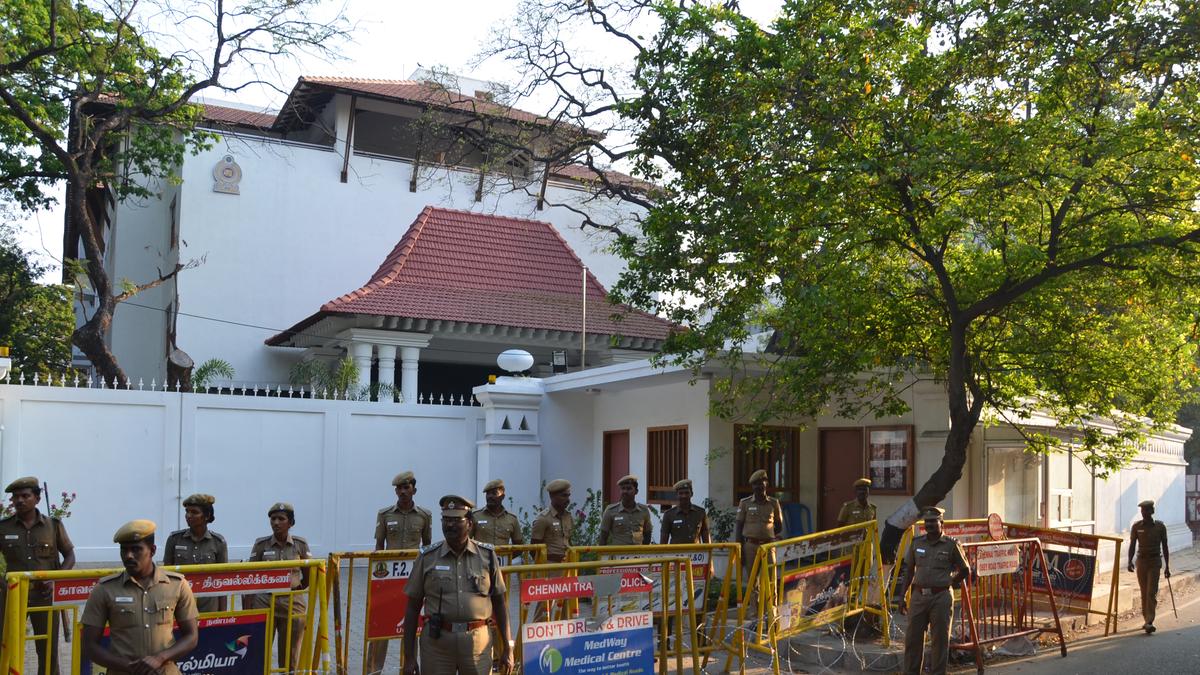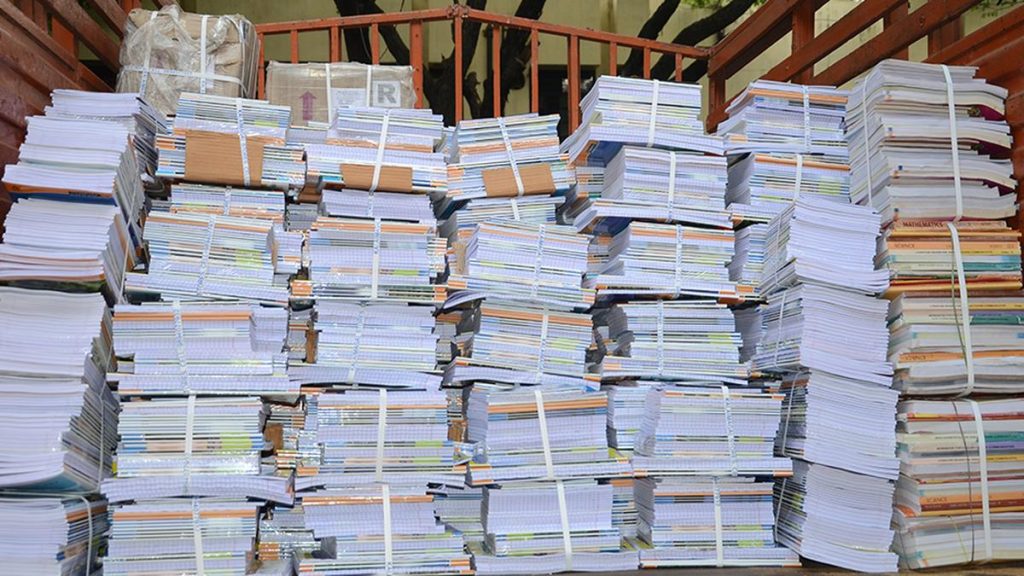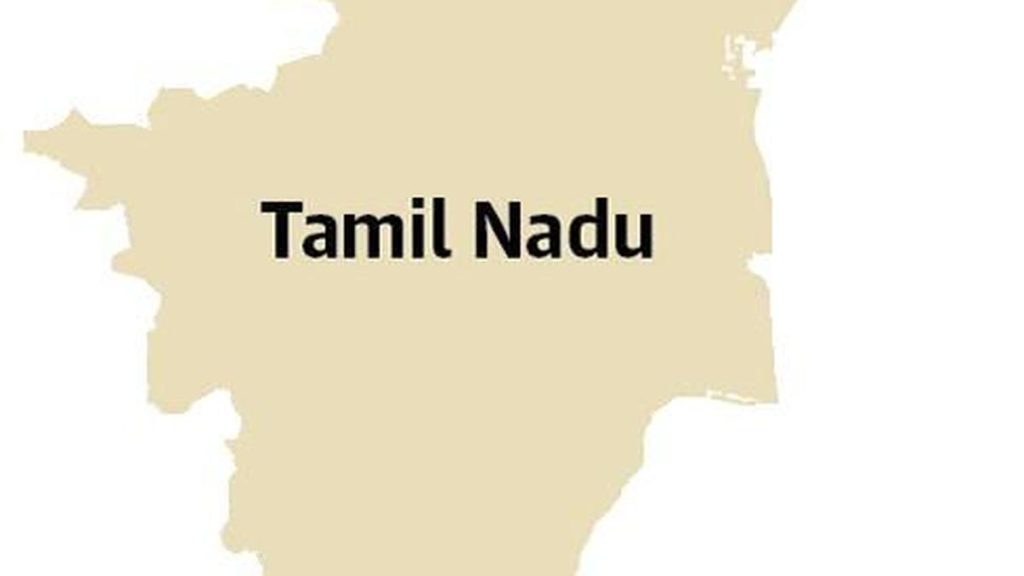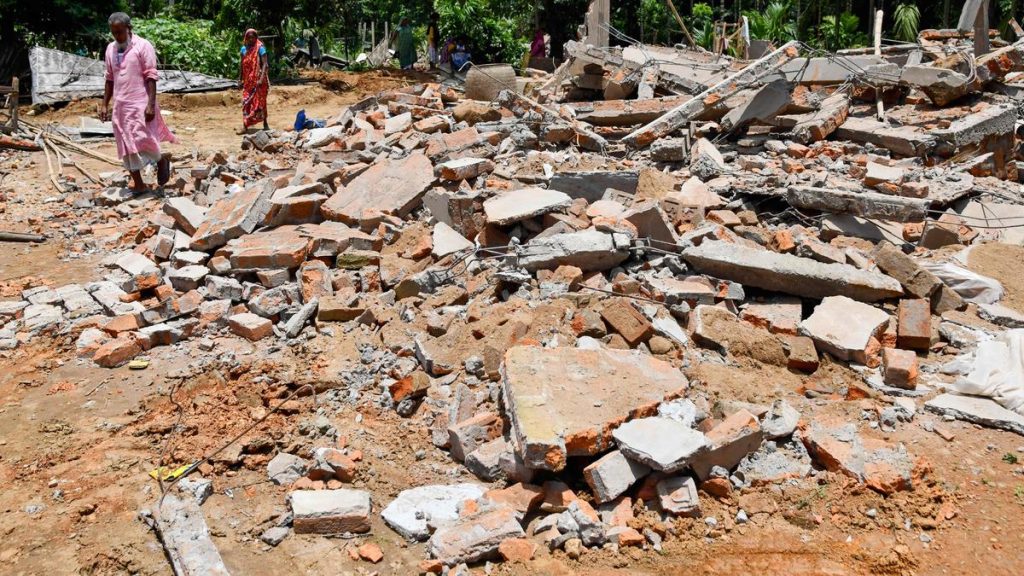Now Reading: Madras High Court Halts Reinstatement of Ex-Employee at Sri Lankan Mission
-
01
Madras High Court Halts Reinstatement of Ex-Employee at Sri Lankan Mission
Madras High Court Halts Reinstatement of Ex-Employee at Sri Lankan Mission

Speedy Summary:
- Teh Madras High Court Division Bench has stayed an order directing the Sri Lankan Deputy High Commission in Chennai to reinstate a former employee with back wages.
- The Bench will examine whether diplomatic missions fall under the definition of ‘industry’ as per the industrial Disputes Act of 1947.
- A writ appeal was filed by the deputy High Commission, arguing that embassies or high commissions cannot be termed as an “industry” according to Section 2(j) of the I.D. Act.
- The petitioner, T. Senthilkumari, served as a Consular Assistant at the Deputy High Commission from 2008 to 2018 and sought reinstatement after termination.
- The Deputy High Commission argued that her service ended when her temporary contract concluded in December 2018 and claimed there was no master-servant relationship necessitating reinstatement.
- Earlier, a single judge ruled on February 12 that foreign missions could not claim exemption from Indian labor and social security laws for Indian employees working there.
- The judge relied on Article 33 of the Vienna Convention (1972) and stated it does not exempt nationals of receiving states from social security obligations imposed by employers.
Indian Opinion Analysis:
The ongoing legal debate raises nuanced questions about jurisdictional boundaries between international diplomatic immunity and adherence to domestic labor laws within host countries like India. If upheld, this case could set notable precedents regarding protections for Indian citizens employed at foreign diplomatic missions stationed in India. Balancing sovereignty with international conventions is critical here, especially given India’s commitment to global protocols like those laid out in the Vienna Convention.
Moreover, should diplomatic missions be classified as “industries” under local labor law provisions? This classification would substantially expand employer obligations within such contexts while narrowing claims relating to immunity exemptions under international law frameworks.
Clarification on these legal intricacies will help refine India’s approach toward safeguarding workers’ rights while managing relationships with foreign entities operating domestically.
Read more: Link for full article























